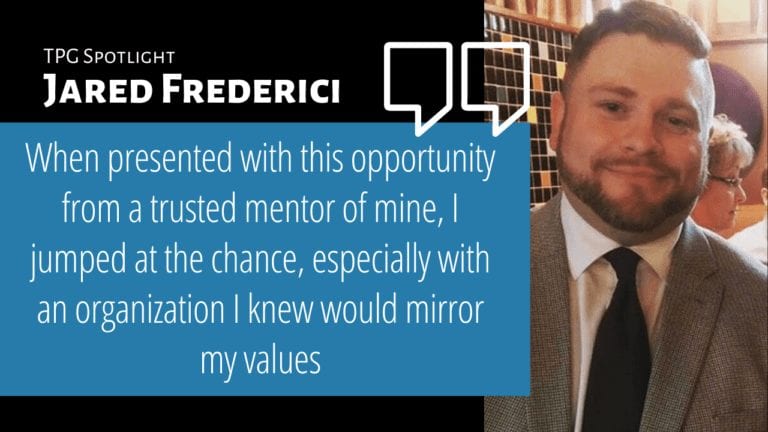
“It’s amazing what you can accomplish if you do not care who gets the credit”
– Harry S. Truman
First, the habits that you adopt in the beginning, around travel and managing work-life balance are critical. It’s much more difficult to change behaviours later on, so getting it right at the beginning is key.
Second, while money and meaningful work are important attributes in consulting, I don’t think I realized how important a great culture is, until I saw it for myself. And if you’re in a position to actually influence the culture in a positive way, all the better.
Third, assemble people around you early on who care deeply for you, but also have no filter and will tell you the “real deal”. Sometimes it’s hard to detect personal burnout, or you may need to talk to someone confidentially, or you may not want to share certain thoughts and feelings with your entire team. This group of people can provide the support you need. David Poirier has mentioned many times that having a personal “Board of Directors” who can give him constructive feedback has been critical to him, and it may also be critical to others. I think establishing that earlier on would have served me greatly.
Finally, in a field that requires so much time and energy (both physical, emotional and mental), you are blindsided by the immediacy of “you make time for what’s important for you”, meaning that when you are strapped for time, it does force you to take a hard look at what’s important. You have a finite amount of energy available to you and may have some hard choices. While you don’t have to have your entire life planned out, it is important to know what your priorities are, both personally and professionally, and what your non-negotiables are, such as having a strong spiritual life, the importance of family or others.
My goal was to maximize the quality and quantity of experiences per unit time during this phase of my life, as well as travel the world. When presented with this opportunity from a trusted mentor of mine, I jumped at the chance, especially with an organization I knew would mirror my values and I could eventually have some influence within.
If you can get involved in an organization that crosses a lot of different industries, and can try lots of different roles, it’s easier to see both the things you love and the things you don’t like, which are just as important to detect. I also found that this particular opportunity not only had the elements I love, but also gave me the ability to fail fast, and often, in a safe environment, with mentorship, which was critical.
Where to start? Here’s my top ten, in no particular order. I continue to be humbled by my team so the list will continue to grow:
The two biggest challenges that I continue to work on have been managing a healthy work-life balance and managing ego/pride.
I’ll get back to you on the first one…
The second is addressing the ego/self-interest. While it’s an ongoing journey, much of the focus on this has come from my closest friends and most trusted colleagues, who call me out on it. It’s never comfortable to provide feedback like that, so to have people in your life who care more about serving the highest good of you, versus being “comfortable” are key. I have some amazing people in my life that care about me and help guide me when pride or any other number of things I’m working on go awry.
The culture. And not just the culture as it stands now, but the privilege that I’ve had at helping influence the culture over the years, which is a very special thing. It’s hard to describe in words –which is funny for a consultant to ever be at a loss for words— but when you feel it, you know. And even better, is to see someone you’ve mentored or brought up in the business be an advocate of the same cultural principles you’ve helped instill, almost as a multiplier effect. That’s really cool.
We had an amazing opportunity to work with an advanced airborne training organization in Montreal for over 27 months. On top of having the honour of being affiliated with such an amazing team and group of individuals, we were able to help not only craft the improvement strategy but help them execute against it. We were very much in the weeds. We got to see the project full circle, including all of the tough parts post-implementation such as change management and sustainability planning. This one wasn’t easy by any stretch of the imagination, but the challenges made it more fun. I was humbled many times during the course of the project and learned so much from the client. It was truly a privilege to work with them and continue to do so.